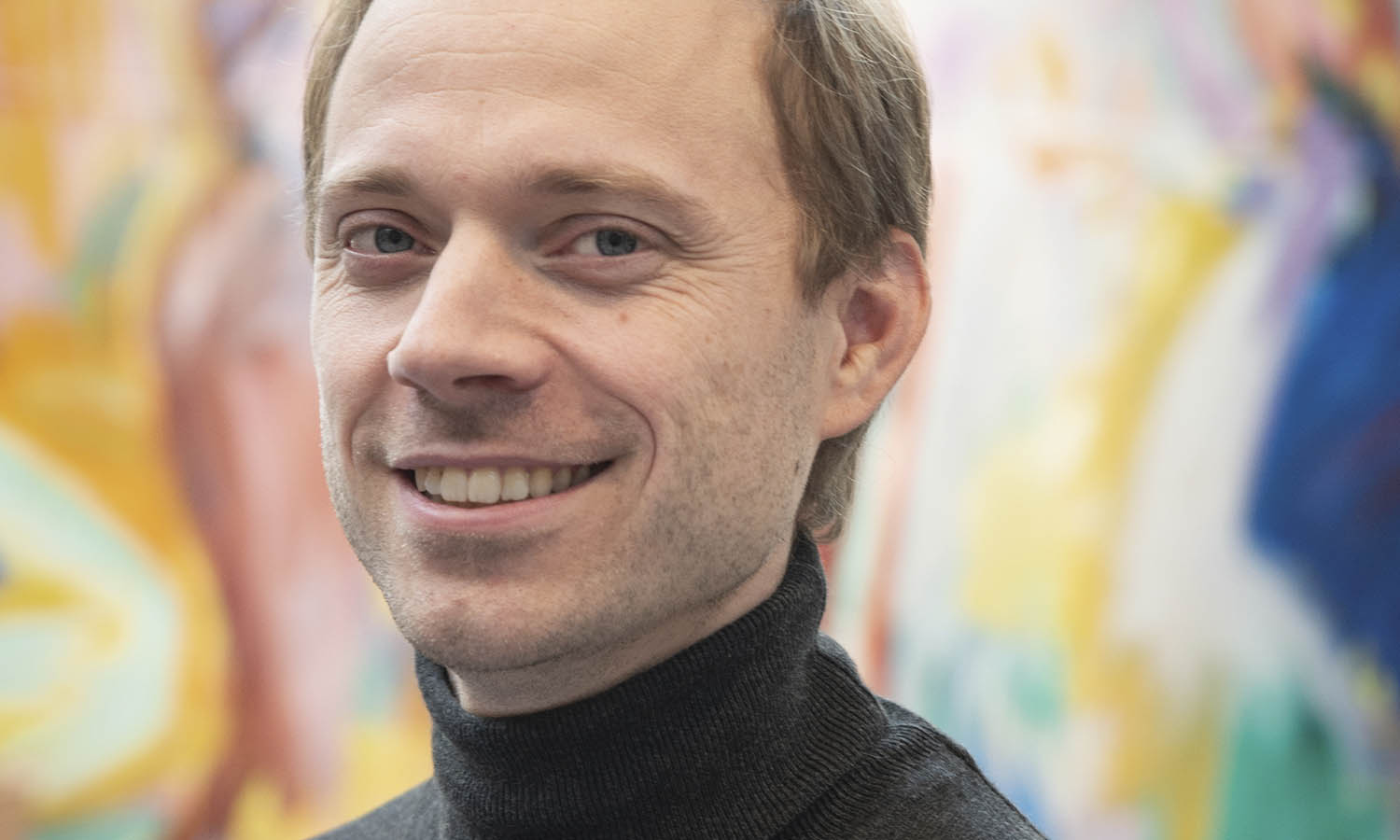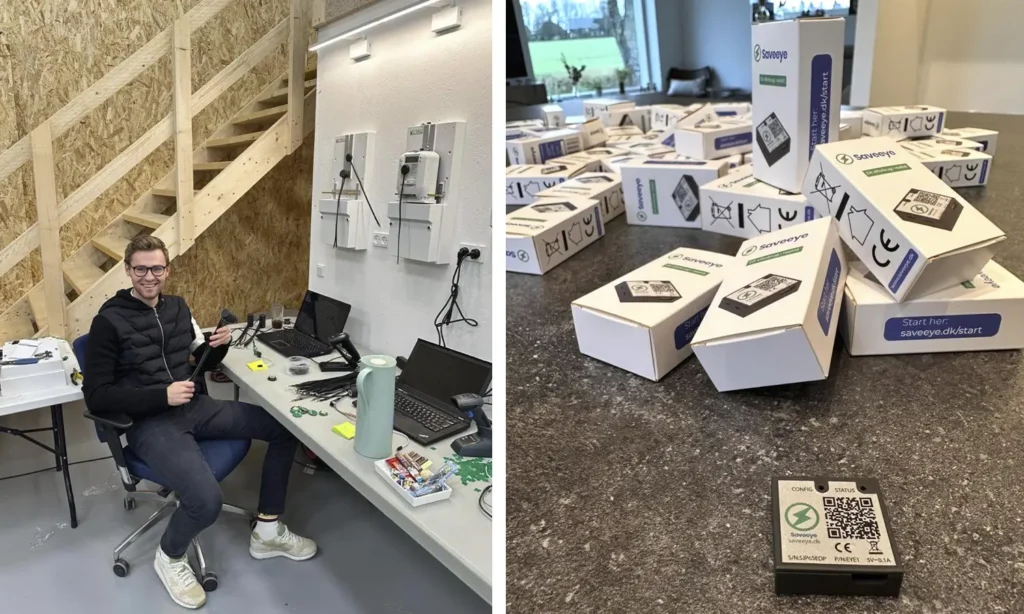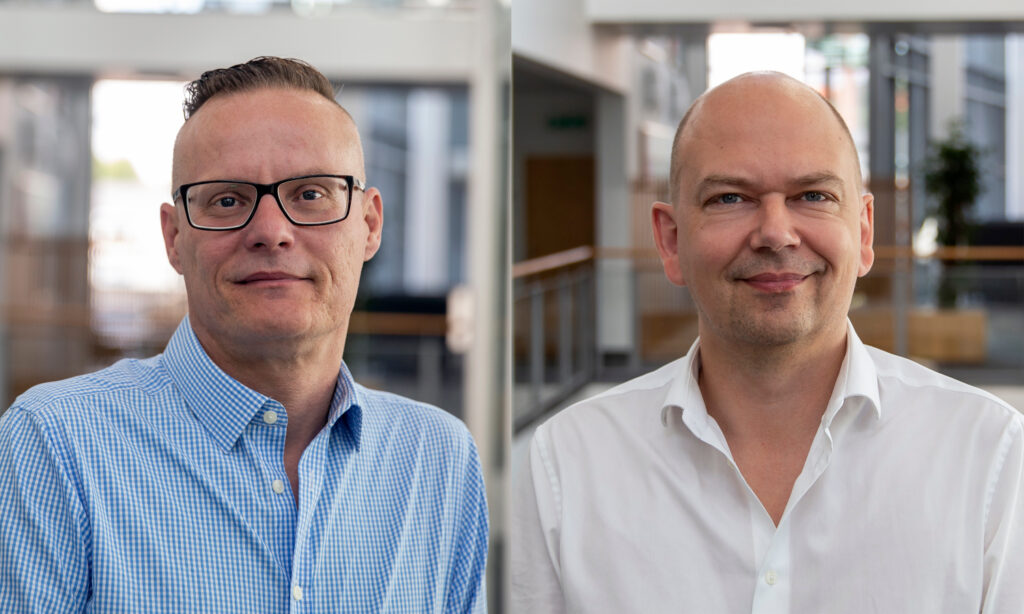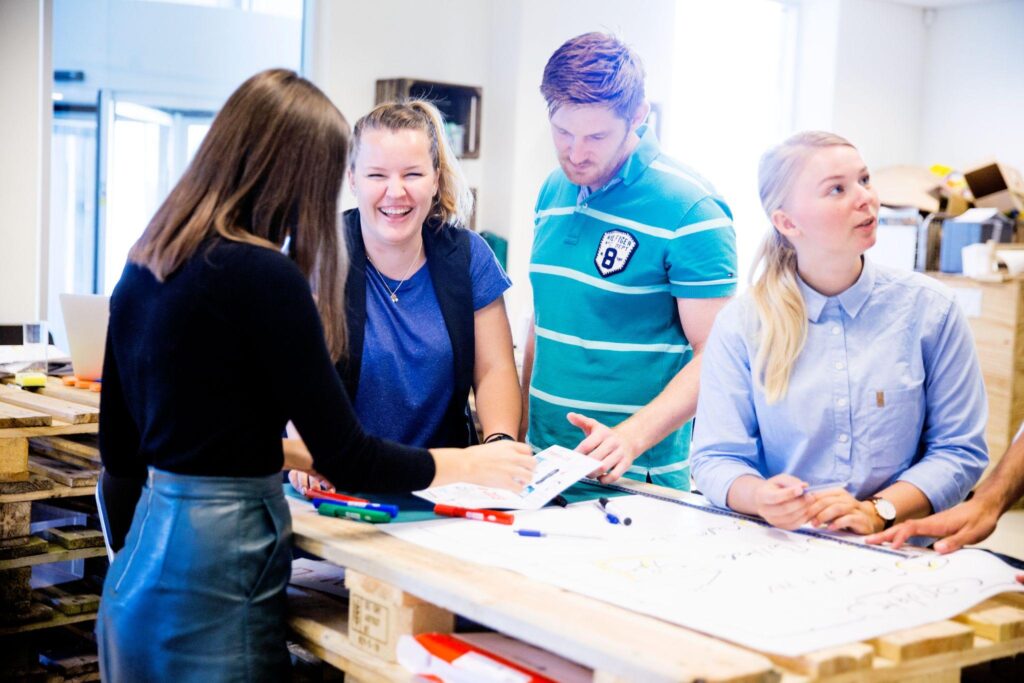This post is also available in: Danish
By Morten Ugelvig Andersen, CEO of Venture Cup
Society and the world face complex challenges, which makes driving solutions through innovation and entrepreneurship more critical than ever. Research-based startups, rooted in the deep knowledge reservoir of our universities, have the potential to provide truly impactful solutions to society’s most pressing challenges.
These startups not only fuel economic growth but also address critical issues, from climate change to healthcare and everything in between. But in order to realize this potential and accelerate its advancement, we must strengthen the underlying ecosystem that facilitates the startup’s creation and development journey.
In Venture Cup, we are striving to accelerate knowledge-based startups and foster a collaborative ecosystem for entrepreneurship across Danish universities. For more than 23 years, our organization has pursued this mission, and we’ve come a long way as an ecosystem. Meanwhile, the universities themselves have undergone a transformation and now offer strong support for research-based spinouts as well as student-based startups.
In recent years, many great initiatives have been established to contribute to this development, such as Open Entrepreneurship, Spin-Outs Denmark, Digital Tech Summit and this very publication, all adding to the cross-university capacity for entrepreneurship.
In 2022, Venture Cup was tasked with establishing a professional platform for university employees within entrepreneurship; this resulted in the launch of the Danish University Entrepreneurship Network (DUEN). The network acts as a catalyst for collaboration between entrepreneurship professionals at the universities and will hopefully play a role in breaking down silos and enabling interdisciplinary co-creation.
While we are making good progress, there is still a wealth of untapped potential for entrepreneurship originating from Danish universities.
Creating a strong ecosystem requires systemic thinking and, ideally, a co-created infrastructure, where policymakers, universities, foundations, private enterprises and support organizations are jointly pushing for a cohesive infrastructure and value chain for startups.
Denmark has all the building blocks to support the development of unicornA unicorn is a term used to describe a startup company that has reached a valuation of $1 billion or more. More startups, but in order to realize this potential and ensure that the companies stay in Denmark, we must solve challenges in both cultural and practical framework: Legislative we must alter the stock taxation that poses a serious threat to Danish startups and investors, we must allow more flexible access to international talent, and we must incentivize both researchers and investors to focus on commercialization of deep tech research. Simultaneously, we must incrementally develop the social contract of the universities and allow for a more entrepreneurial culture while nurturing the entrepreneurial mindset of researchers and students. Addressing these issues is a complex task, but by increasing coordination and ensuring concurrent development, it is possible.
By coming together as an ecosystem and leveraging the world-class research of our universities, there is a great opportunity to turn Denmark into not only a unicorn factory but also a country where unicorns are able to stay and grow old.

















 Kære læser, du er meget velkommen til at dele vores artikler på sociale medier, linke eller referere til artikler eller content på TechSavvy.media. Men ønsker du helt eller delvist at kopiere indhold fra sitet må det kun ske efter aftale med vores redaktion på editorial@techsavvy.media.
Kære læser, du er meget velkommen til at dele vores artikler på sociale medier, linke eller referere til artikler eller content på TechSavvy.media. Men ønsker du helt eller delvist at kopiere indhold fra sitet må det kun ske efter aftale med vores redaktion på editorial@techsavvy.media.
 Kære læser, du er meget velkommen til at dele vores artikler på sociale medier, linke eller referere til artikler eller content på TechSavvy.media. Men ønsker du helt eller delvist at kopiere indhold fra sitet må det kun ske efter aftale med vores redaktion på editorial@techsavvy.media.
Kære læser, du er meget velkommen til at dele vores artikler på sociale medier, linke eller referere til artikler eller content på TechSavvy.media. Men ønsker du helt eller delvist at kopiere indhold fra sitet må det kun ske efter aftale med vores redaktion på editorial@techsavvy.media.